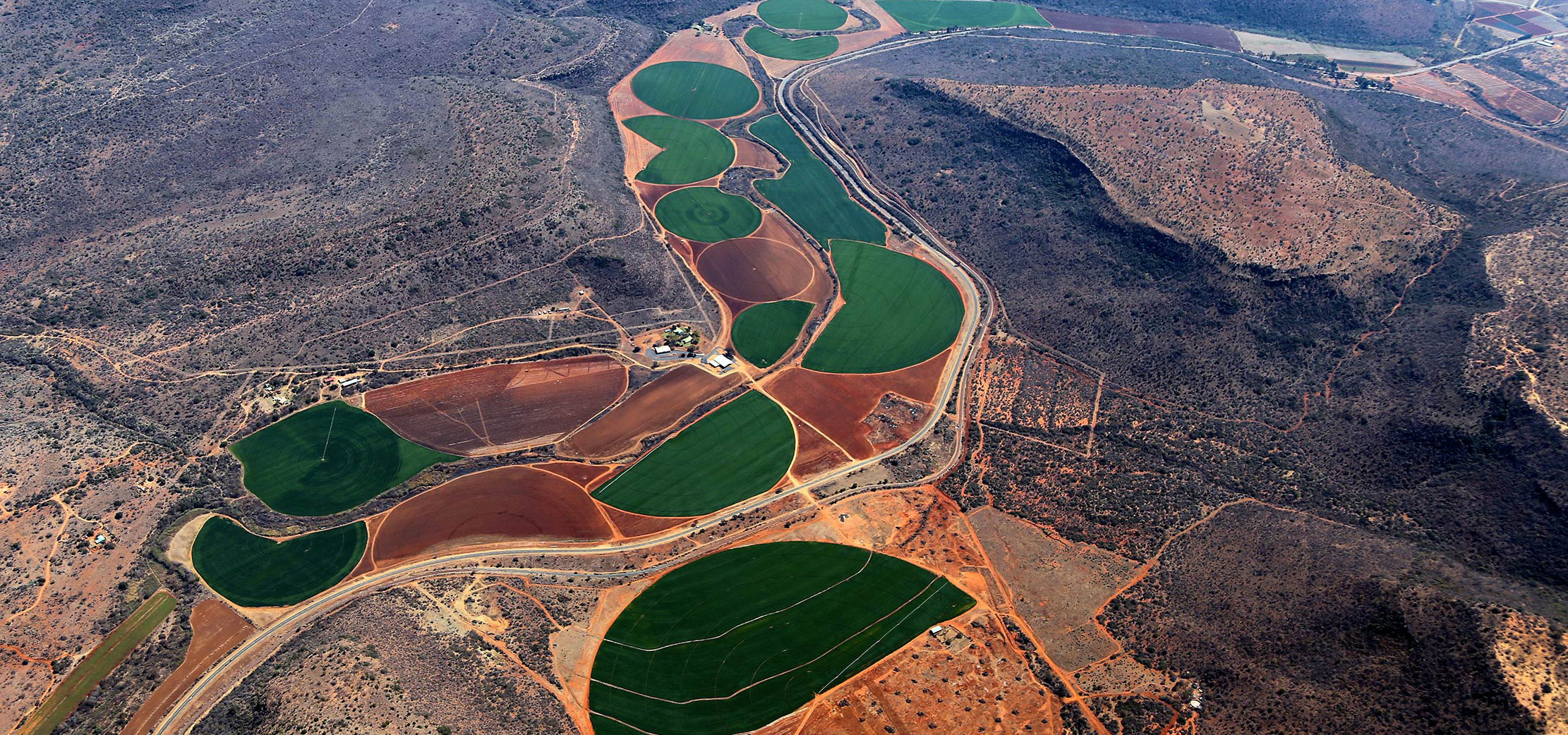Climate Change
Reduced and erratic rainfall, intensified drought periods, sea level rise, landslides due to heavy rainfall and more extreme tropical storms are alarming signs that climate change is a severe threat to development. People in the tropics and subtropics, farming mostly on small plots of marginal land, with little access to sound infrastructure and services, have to deal with these consequences of climate change which will only increase over time. In many areas, climate change is threatening their livelihoods and drives violent conflicts and migration.
Adapting to climate change has thus become a major issue of the international development cooperation. FAKT specialises in participatory climate risk analysis to strengthen and develop local responses combined with scientific and technical expertise to better equip local communities to deal with climate-related shocks and stresses. With its long-standing expertise on sustainable agriculture and agroecology, FAKT also puts a specific focus on climate resilient agriculture in its work with local communities and at policy level. Ecosystem-based approaches reflect the close interconnection between local livelihoods and biodiversity.
FAKT also supports local communities in developing and managing decentralised renewable energy solutions by merging traditional knowledge with modern technology and management approaches to empower the users and contribute to their energy security and livelihoods.
We provide consulting services in the following areas:
- Climate Change Adaptation
- Climate Resilient Agriculture
- Biodiversity Conservation
- Renewable Energies


